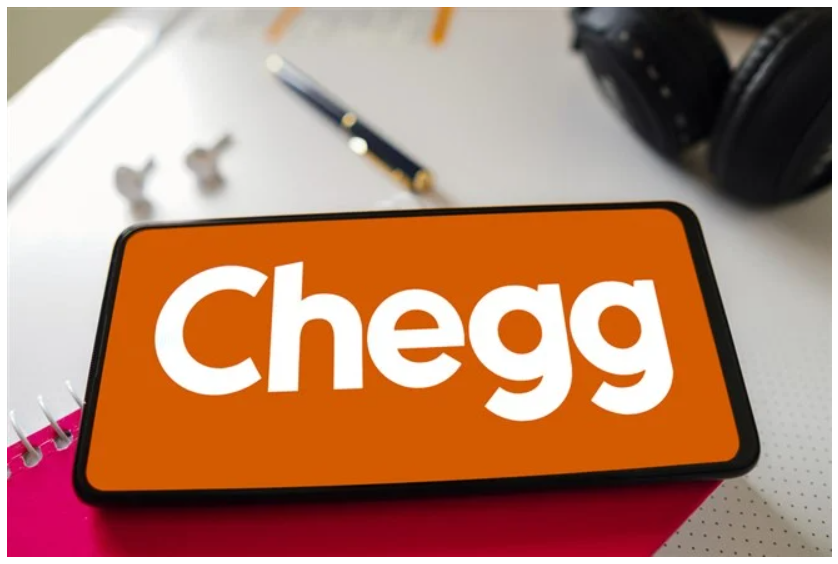The Temptation and Perils of Free Chegg Answers: Navigating Academic Integrity in the Digital Age
In the age of information, students have unprecedented access to resources that can aid them in their academic pursuits. One such resource is Chegg, a platform offering a plethora of educational materials, including textbook solutions, study guides, and homework help. While Chegg can be a valuable tool for learning, it also presents a temptation: the availability of free answers to assignments and exams.
The Temptation:
With just a few clicks, students can find themselves on websites or forums promising free Chegg answers. These answers provide a shortcut to how to view chegg answers for free completing assignments, saving time and effort. For many students grappling with demanding coursework, the allure of such shortcuts can be strong, especially when deadlines loom large and stress levels rise.
The Perils:
However, the use of free Chegg answers comes with significant risks, both ethically and academically. At its core, education is about learning, growth, and the acquisition of knowledge. Relying on free Chegg answers undermines these principles, as it deprives students of the opportunity to engage with the material, grapple with challenging concepts, and develop critical thinking skills.
Moreover, the use of free Chegg answers constitutes a violation of academic integrity. Submitting work that is not one’s own undermines the trust between students and educators and devalues the credentials earned through hard work and dedication. In academic and professional settings, integrity is paramount, and shortcuts can have far-reaching consequences.
Navigating Academic Integrity:
So, how can students navigate the temptation of free Chegg answers while upholding their academic integrity? Firstly, it’s essential to recognize that struggling with assignments is a natural part of the learning process. Seeking help from professors, tutors, or classmates can provide valuable support without compromising integrity.
Additionally, utilizing Chegg’s legitimate resources in a responsible manner can enhance learning without resorting to shortcuts. Textbook solutions and study guides can serve as valuable supplements to course materials, aiding comprehension and reinforcing key concepts when used as intended.
Furthermore, fostering a mindset focused on learning and growth, rather than simply chasing grades, can help students resist the allure of shortcuts. Embracing challenges, seeking understanding, and persisting through difficulties are all integral aspects of the educational journey.
Conclusion:
In the digital age, the temptation of free Chegg answers poses a significant challenge to academic integrity. However, by recognizing the perils of shortcuts and prioritizing learning and integrity, students can navigate these challenges successfully. Ultimately, the true value of education lies not in the grades earned, but in the knowledge gained and the skills developed along the way.